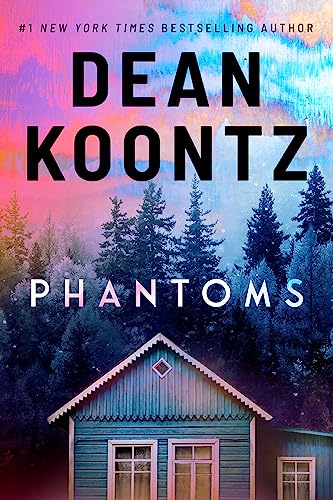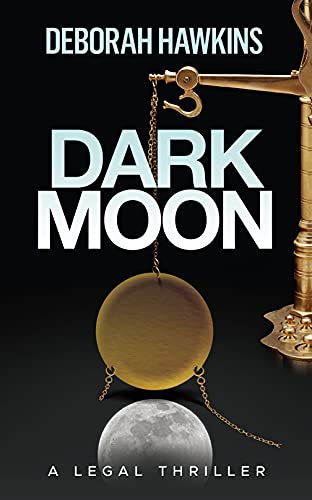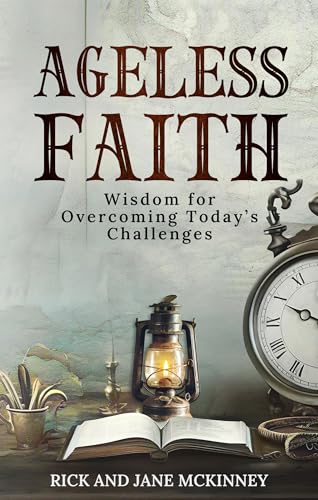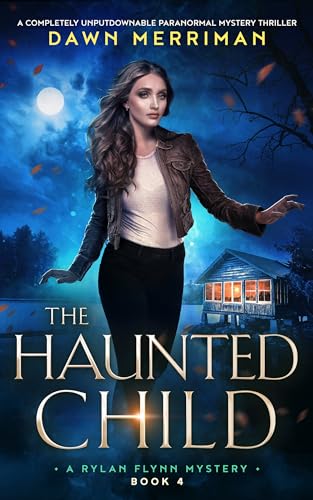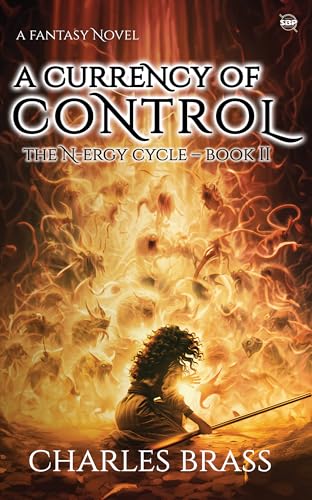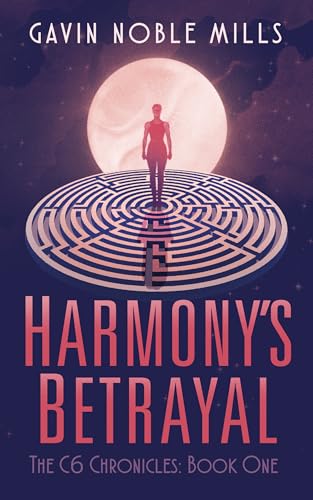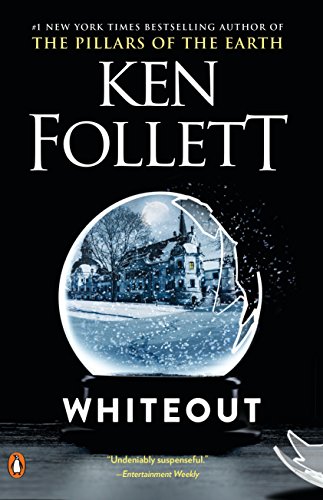It’s the Real Thing
A Meditation on Immortality and Commerce
We play at it. We work at it.
It makes us laugh or weep.
It reveals to us
Something divine deep within us,
And something diabolical.
It is sex,
And it is what we build in the absence of sex.
It is beauty,
And it is in the creations that we imagine
As we run in sheer terror from our demons.
It is built upon physics and fart jokes.
It is spoken and written and painted and sung,
And that is just the tip of the ice sculpture.
It is in the sweet smell of morning bakeries,
the tangy tumult of teargassed rebels,
the rhythmic challenges of bass-thumping football paraders.
It is in what we proclaim and what we hide,
In what we share and what we charge for.
Is it still there, we wonder,
When, as we begin to create,
We sometimes allow ourselves the risky freedom
Of using our creations
To seduce,
To intimidate,
To mystify,
To pay for groceries,
To promote ourselves?
There, when we sense
Fuzzy boundaries between our creative energies
And our economic lives,
Our natural self-preserving careerism,
It all becomes so confusing.
After all, we are not only creators
But critics as well.
We are audience too:
We read,
We listen,
We meditate.
We see ourselves
Not only in the brightest mirrors
And stillest waters
But also in the terrifying imponderables
Of Rachmaninoff
And Dostoyevsky
And Van Gogh
And Danielle Steel.
We are audience,
We are organisms,
We have taken drug-addled journeys beyond,
On which we have seen past the seams
That seem to organize the universe,
Water from stone,
Being from sky,
Puppy from Citgo sign,
Sonnet from soccershot from tonguebath,
Sand from breath,
Shadow from nipple.
Our ability to act and to create in the present moment
Is betrayed by our tendency
To be neurotic
About anything related to the questions
Of who and where we will be tomorrow,
Of who will carry our lines
(Our soliloquies and our DNA)
One hundred years from now,
Of how much loot we will take with us
Or pass on.
Trained to think
That our own physical lives are finite,
We speculate about our souls,
But we hedge our spiritual bets
With obsessions about what we might create
That might live, in some sense, another day:
Live to be seen,
To be heard,
To be read,
To be discussed,
Or even to be bought and sold.
Jealously guarding our energies,
And our projected reputations,
We look all around us,
And especially within ourselves,
To judge what in our culture is worthy
Of our time and our reflection.
We are biased
In favor of anything that we create ourselves,
Of anything that comes from a friend
Or lover
Or family member,
Anything that has been created by a member of our tribe,
Our neighborhood,
Our college class,
Anything that seems to be about us,
Or someone that we know,
Or would like to know.
Will we settle for vicarious immortality:
The immortality of a fellow traveler?
We know what we like
We resist what we are told that we should like,
But we don’t want to miss out on anything cool,
Anything that might give us pleasure,
Anything that might lead
To a pleasant sexual connection,
Anything that we believe
We should be the first one in our group
To tell the others about.
Some days we rise in the morning
And wish that the world were limited
To our neighborhood:
That the only players
Were the garage band down the street
And the folksinger on the subway platform.
Then we log on
And connect
With a billion other provincials.
But time and again
We break through the barriers of parochialism and prejudice
And we find the most wondrous works of art,
The most compelling visual and textual and sensual meditations
On our nature,
On our plight,
On something mutually recognizable
In our common capacity for hallucination.
These moments of epiphany drive us
To play, to create,
To hunt down something archetypal
That we acknowledge but cannot quite remember in our past,
To set ourselves aflame
With the intensity of our intentions and our nightmares.
Out of all this comes drivel and dreck,
But also something more,
Something hopeful,
Something that once in a great while
We sense is the real thing.
How do we find the real thing?
How do we know when we have found it?
How do we know when we have made it?
There is no handbook for this moment,
Any more than there is a handbook for love.
(And yet there are so many for love!
Are they all impostors?)
Indeed it is a lot like love,
Or a lot like lust:
Who cares what the difference is,
Or if there is a difference?
Don’t we know it when we know it?
Can’t the quest for love or art,
In its purist moments,
Be polymorphously perverse,
Free of any hierarchy or compulsion to rate,
Yet still and all fixed only on what is beautiful,
On what is beautifully grotesque,
On what may give rise to beauty?
Looking for love,
Do we confine ourselves
To top ten lists of others’ favorites,
Or are we hotly vulnerable
To the taboo thrill
Of looking in all the wrong places?
The answer need not even be spoken,
Neither with love nor lust nor art,
Neither with what others create
Nor with what we make ourselves.
What we love,
What stirs us
To our highest and lowest moments,
Whether it involves
Sound or sight or words or ideas
Or the touch of another body,
Whether it is ornamented and accessorized
Or narrative or naked
Or humorous or monstrous,
Is nobody else’s call.
Can the entire process
Be reduced and distilled
To the synesthesia
That has been engineered in our genes
By generations of aromatic aphrodisiacs,
Cool, syncopated movie trailer themes,
And gender-transcendent, bare-bellied,
Masturbation-miming rockers?
We will love where they lead us,
What they make us think or feel,
Who they make us into,
Who they bring into our bedrooms:
What are you wearing?
What are you reading?
What’s on your night table next to the Chivas?
Wanna screw?
Maybe you will when I tell you my last book read!
Are you you, or “The Brand Called You?”
Is that a swoosh on your manuscript
Or are you just happy to see me?
We are the Indie Nation:
You and me and Bukowski and Eggers and Robert Redford.
I’ll tag your novel if you’ll buzz about my poem,
And Google will send us both a micro-payment.
Stephen Windwalker




